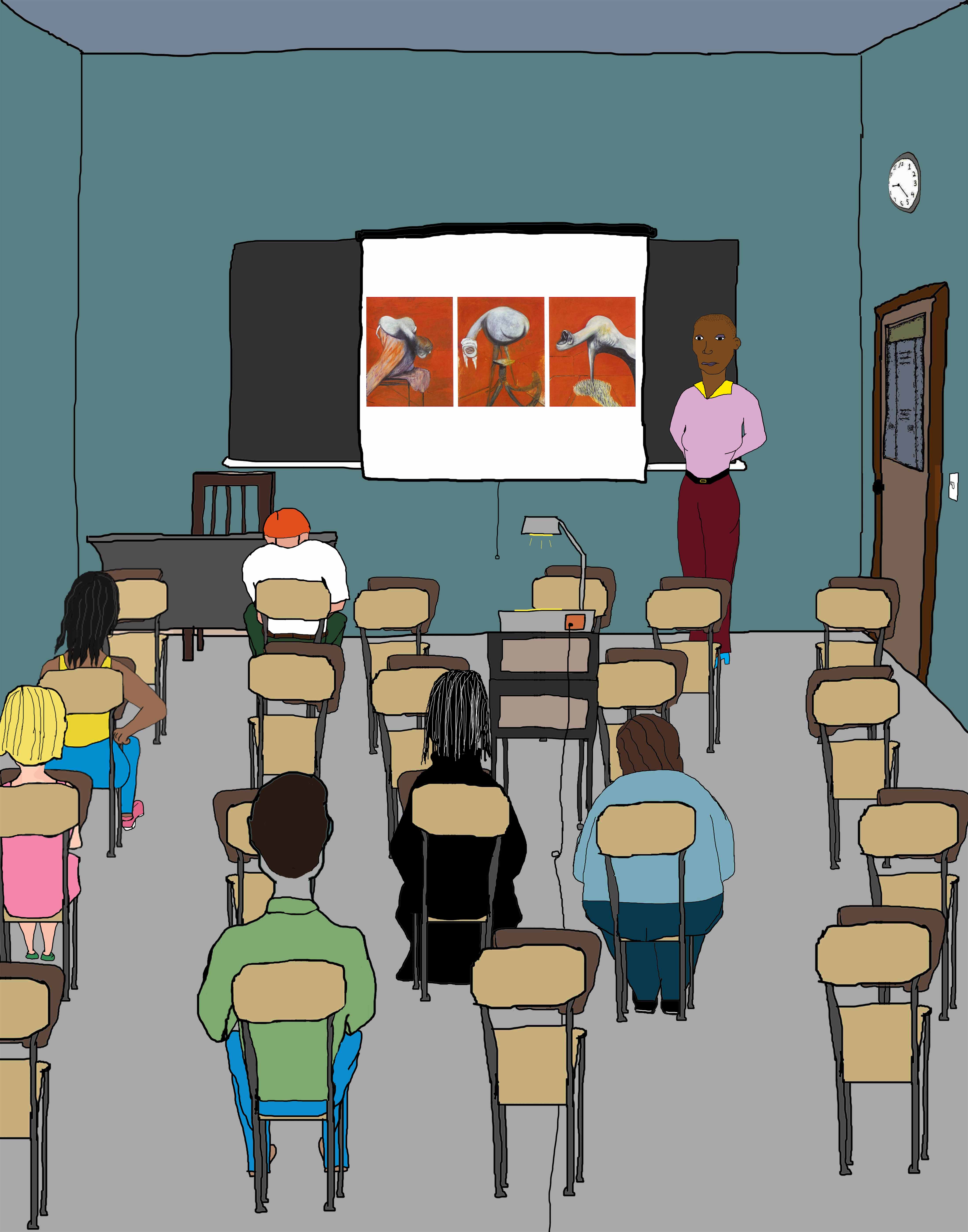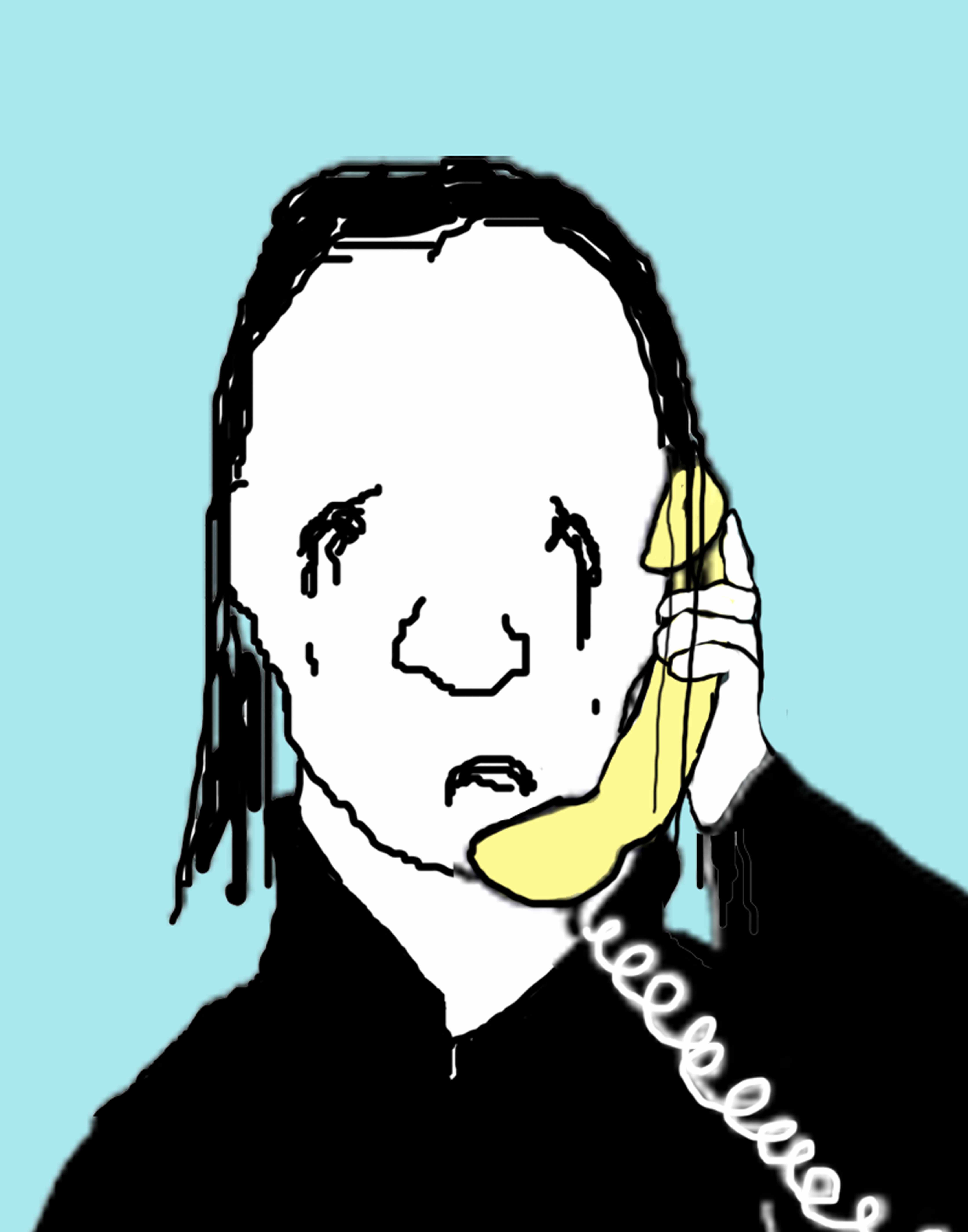
Service and Disservice – An Interview with Julia Phillips
I met Julia Phillips several years ago via the tangled web of my polite, friendly, professional Brooklyn-based friends. She was a big part of editing my 2015 book, Popular Photo. Julia is a fiction and nonfiction contributor (respectively) to Glimmer Train, The Antioch Review, The Toast, Brooklyn Volume 1, Buzzfeed, Jezebel, The Rumpus, Slate, The Cut and The Awl, to a few. I admire her ability to bring immediacy to (somewhat? very?) remote subject matter and her descriptions of the narrative approach to specific people, places, characters, communities. Read more from her via Twitter at @jkbphillips. We conducted this interview using email. My questions in bold. READ MORE >
November 21st, 2016 / 12:24 pm
What Your Glasses Say About You as a Writer
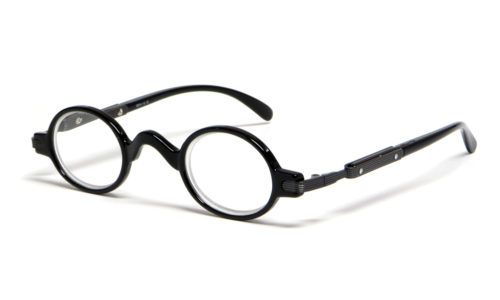
Diane
Your co-op has a foyer and you buy the flowers every other week, and when you do you ask the most expensive flower shop in the Village to do something with orchids and they always do something new and exciting with orchids. You have an impeccable library. You didn’t do the KonMari Method because that’s how you’ve lived since you were three in Montessori. You told your teacher you were going to be a moderately famous writer of very short stories and publish an elegant literary journal. She was your first subscriber. There are times when washing wine glasses you keep your hands under the hot water just because. You sit there watching the steam rise, just holding your hands there because. You write on a typewriter with huge type that allows you to write one word at a time. Your last short story took more than a year. It’s three paragraphs about a man watching a duck get lost in a petting zoo and it is stunning.
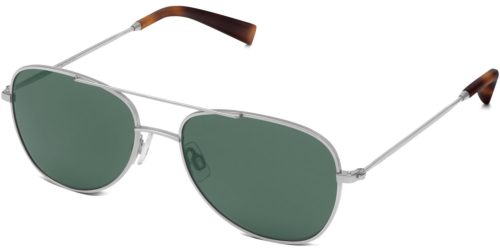
Don
You see the worst in people. You’ve never worn these glasses in the wild, but that’s not why you got them. You got them to get in touch with your true self. Sometimes you put them on and look in the mirror, then you take them off and pretend to be normal. People assume you hate your family, or all families, but that’s not true – your hate is egalitarian, system-wide. You are fascinated by disaster, and seek to understand its compelling nature, its jouissance. You are terse, but proper, and avoid sentimentality as if it were an airborne disease. Discipline is your guiding star; control your moon sign. What this says about you is anyone’s guess, but you seem to be convinced that everyone speaks the same way, as if on the edge of realizing something. You have not owned a television since 1982, the year you last left New York. Your therapist says you are depressed, but you insist it’s a state of always knowing what’s really going on. Your dog’s name is Dread. She follows you everywhere.
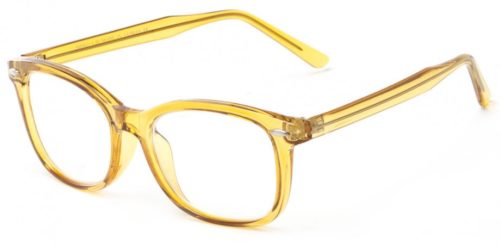
Anne
A relaxing evening for you includes translating Sumerian poetry on tablets at Oxford via Oculus Rift, followed by dinner at a restaurant serving meals in bags that spray gas in your face, an experience they call “conceptual dining,” then dessert at an old-time ice cream parlor. You get a banana split and eat the whole thing by yourself. At night Gertrude Stein comes to you and says, “Love the outfit. Keep it up kid.” And then she becomes a balloon. She always was a balloon, you think. And you go on walking. No one can tell you what to do because you’re on your own map. You are so modern that you are ancient. Most people don’t even know they painted those statues.
November 17th, 2016 / 12:41 pm
i love you, we’re dead meat
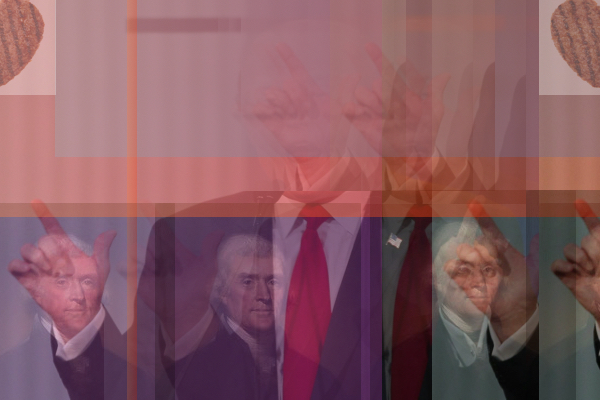
My student apologized to me for voting for Donald Trump. He regretted it, he said, because he hurt me, and he never thought it would hurt someone like me.
The week before, he sat with me for almost an hour in my office, and we bonded over poverty. He told me how hard it was to be in college with rich friends, to be so different than them. He felt alone.
He’s talented, and I told him so. He’s funny, and aside from some trouble with comma splices, he’s a good writer. He told me that he’s majoring in business, but he wants to be a journalist. I encouraged him to do that.
He’s talented, and he’s sensitive, and he voted for Donald Trump.
Motto Citizen

You can go back to Nuremburg—where the Nazis held their annual rallies, and where, some twenty years later, the Nuremburg trails were held—and see the blemishes made on the stone from their emblem’s removal. One imagines a worker with a chisel, carefully hacking into the stone much the way language was first carved. Choosing Nuremberg was more symbolic than mere coincidence; and besides, it was the perfect place: there already were spacious courtrooms inside which the Nazis enacted laws that made their morbidly bureaucratic brand of genocide legal. READ MORE >
How I Should Have Known Trump Would Be Elected President
Because a few days ago, I was walking in a garden and saw a pulse of motion and realized there was a hawk in the grass a few feet away from me, and when he turned his cruel and terrible head I saw a dead mouse hanging heavily in his beak like a testicle.
Because that hawk looked right at me before he took off flying, and from the branch where he landed there was a rip, rip, and entrails unraveled like yarn.
Because once my uncle showed me all of his guns, and there were so many of them lined up in a drawer beneath his bed, and the ammunition rattled in its box like movie theater candy.
Revoke Male Suffrage – An Interview with @girlybullshitmemes
According to the internet, if only men voted, Trump would win in a landslide. When it’s only women or people of color voting, Trump loses. I don’t know if that’s true, but if so, taking away men’s right to vote seems not only justified, but imperative. :-)
I’d never thought about taking away men’s right to vote until I saw this meme from @girlybullshitmemes (& realalcoholicme). Revoking male suffrage seemed like such a simple and radical solution to the nation’s problems, that I became curious as to where such a wonderful policy proposal came from.
@girlybullshitmemes doesn’t post simple Twitter screenshots, she creates beautiful mid-to-late century advertising posters that carry wry, radical-seeming messages like taking away the right of males to choose the nation’s leadership.
I wanted to know more about her and her work, so here’s a quick interview.
Twenty-Eight Things I Wrote in the Margins of Brian Blanchfield’s PROXIES
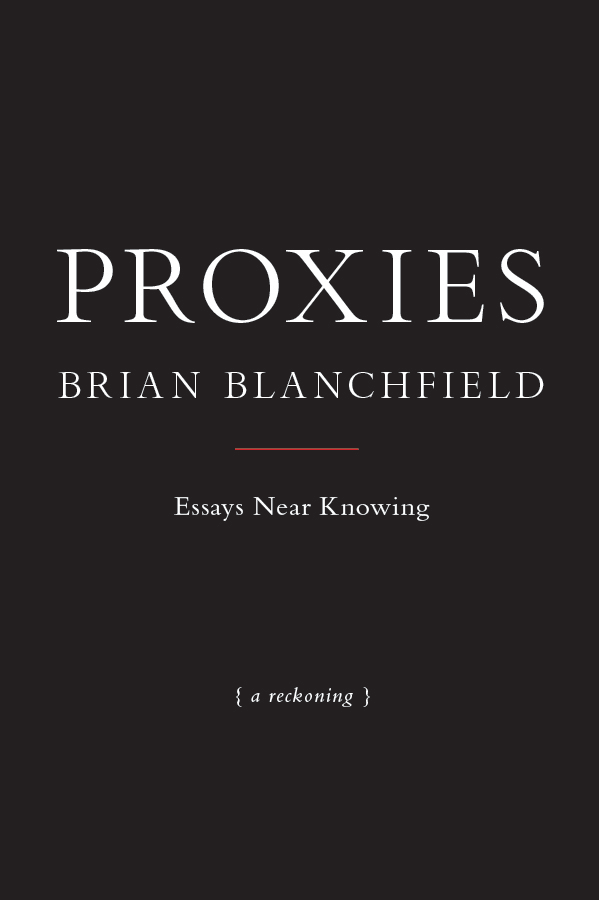
1. a trying-out … placing a variety of pressures on each essay’s titular subject, seeing what happens, where it leads … form is determined by the action of a restless mind
2. like Barthes, exploring middle ground between autobiography and criticism, imbuing collective experience of culture with intimacy, vulnerability, even if merely by virtue of subject selection … critical unpacking of shared/common behavior … housesitting becomes occasion for reflection on “commensalism” and the “citational,” etc.
3. certain propriety about syntax, tone … implied author and the “man of letters”
4. closed-book constraint is refreshing in part because there’s not that excessive referentiality that’s become so common among lyric essays
READ MORE >





